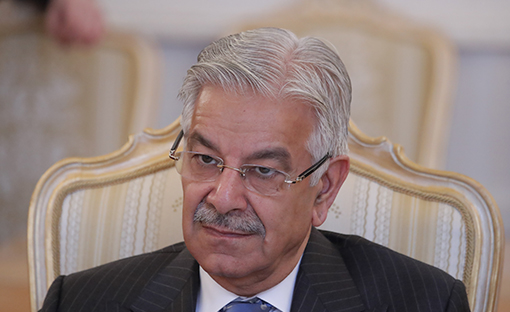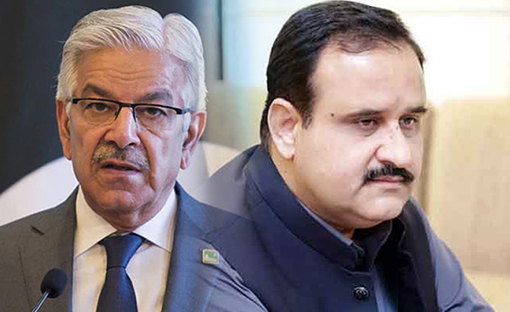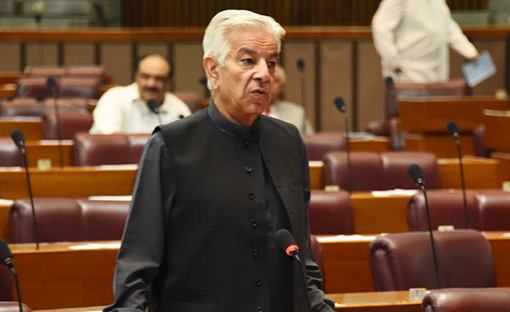In a statement that’s sparked strong reactions across political and public circles, Defence Minister Khawaja Asif has alleged that over half of Pakistan’s bureaucrats have purchased property in Portugal, with many seeking foreign citizenship in an attempt to retire comfortably overseas. The remarks were shared via a post on platform X, where the minister criticized
In a statement that’s sparked strong reactions across political and public circles, Defence Minister Khawaja Asif has alleged that over half of Pakistan’s bureaucrats have purchased property in Portugal, with many seeking foreign citizenship in an attempt to retire comfortably overseas. The remarks were shared via a post on platform X, where the minister criticized what he described as a growing culture of corruption within the civil service.

According to Asif, a number of senior bureaucrats have shifted their focus from national service to personal wealth accumulation, using government positions to quietly move assets abroad. He singled out a high-ranking official reportedly close to former Punjab Chief Minister Usman Buzdar, claiming that this individual received Rs. 4 billion as part of a wedding gift for his daughter, a sum the minister called “salami,” implying it was a masked bribe or kickback.

While politicians often come under fire for corruption and wealth hoarding, Asif argued that bureaucrats operate with far less accountability, despite accumulating significant assets and foreign links. He stated that many of them now hold property in Europe and have secured pathways to citizenship, painting a troubling picture of public servants preparing exit plans while the country faces economic and governance challenges.

Calling the trend “shameful,” the defence minister stressed that such actions not only undermine public trust but also erode the foundations of governance. He suggested that while public criticism tends to focus on elected officials, it is often the unelected bureaucracy that escapes deeper scrutiny, despite being deeply embedded in the system of decision-making and policy implementation.





















Leave a Comment
Your email address will not be published. Required fields are marked with *